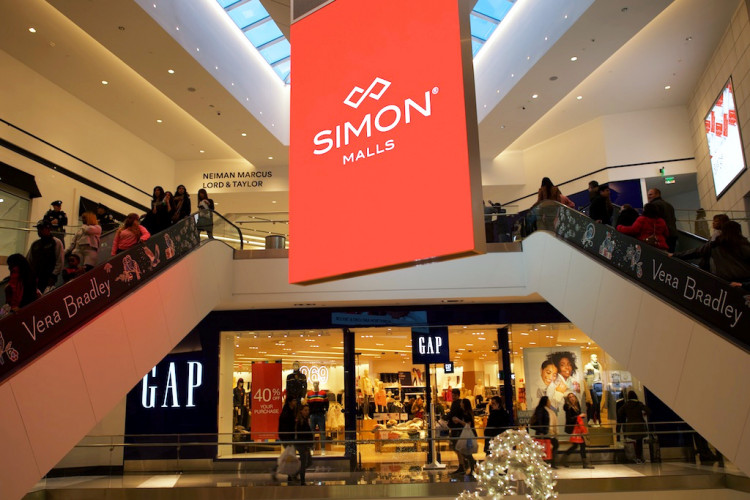The United States' largest mall operator, Simon Property Group, is planning to continue buying up troubled retailers as more companies go under amid the prolonged economic downturn. The company revealed on Monday that it is actively looking to salvage additional distressed companies following its attempted acquisition of Lucky Brand and J.C. Penney.
The company's chief executive officer, David Simon, said during a conference call with analysts earlier in the week they are looking to buy struggling companies at or below cost. He added that profit can be made in taking over the operations of companies that are otherwise unable to continue amid the current retail environment.
Simon told stakeholders that the core of its acquisition strategy will be to identify profitable opportunities. The executive added that it is the very least the company can do to keep the world as close to "normal" as possible. As an example, Simon noted that the company's quick action to save Brooks Brothers from liquidation essentially saved the jobs of around 4,000 employees.
Since the start of the year, more than 40 major U.S. retailers have filed for bankruptcy protection. Most of the companies weren't prepared for the months of forced outlet shutdowns, which eventually led to mounting debts. Simon likened the situation to the wave of bankruptcies in the early 90s, although on a potentially much larger scale.
While the company has managed to keep itself relatively liquid and capable of pursuing acquisitions, its revenues and earnings have reached dangerously low levels. Revenue from rent for the past two quarters has been critically low and with more expected bankruptcies, those numbers will likely continue to fall.
For its latest quarter ended June 30, Simon Property reported a net income of $254.2 million. This is a significant fall from the $495.3 million it reported over the same period last year. Revenues for its latest quarter also fell to $1.06 billion, a 24 percent year-on-year decline.
For most of its second quarter, a good portion of the company's retail properties remained closed due to the pandemic. Simon Property claimed that it had managed to only collect about 51 percent of its contractual rent for both April and May. That number increased to about 69 percent in June after it had managed to reopen most of its shopping centers.





